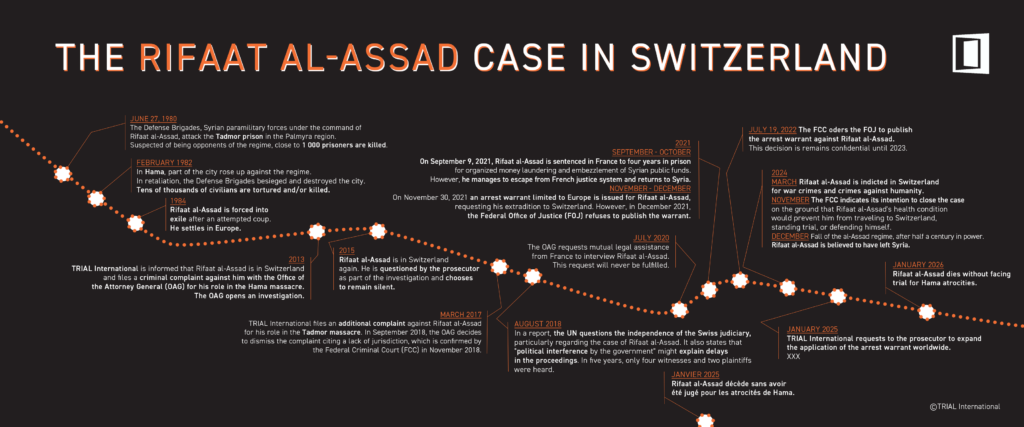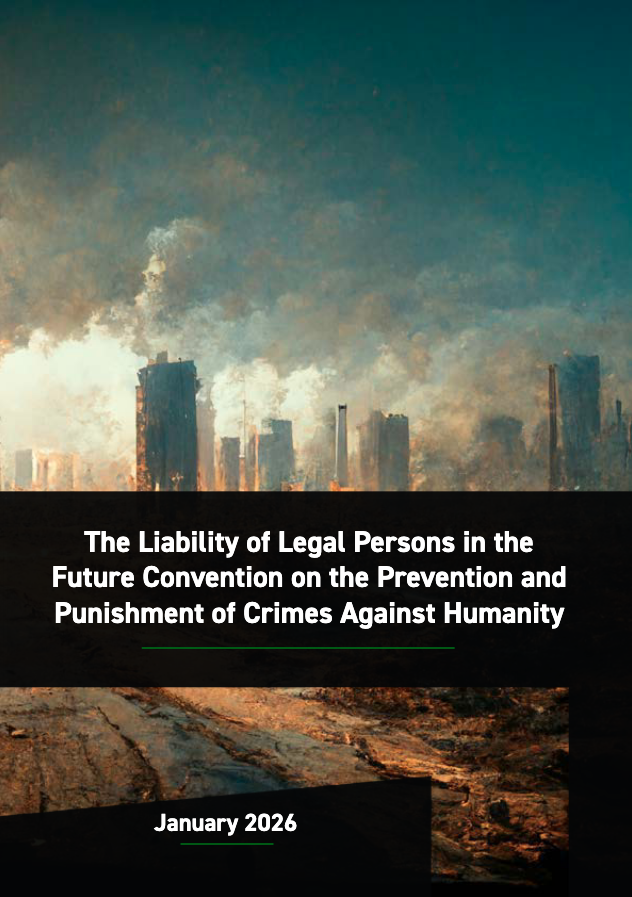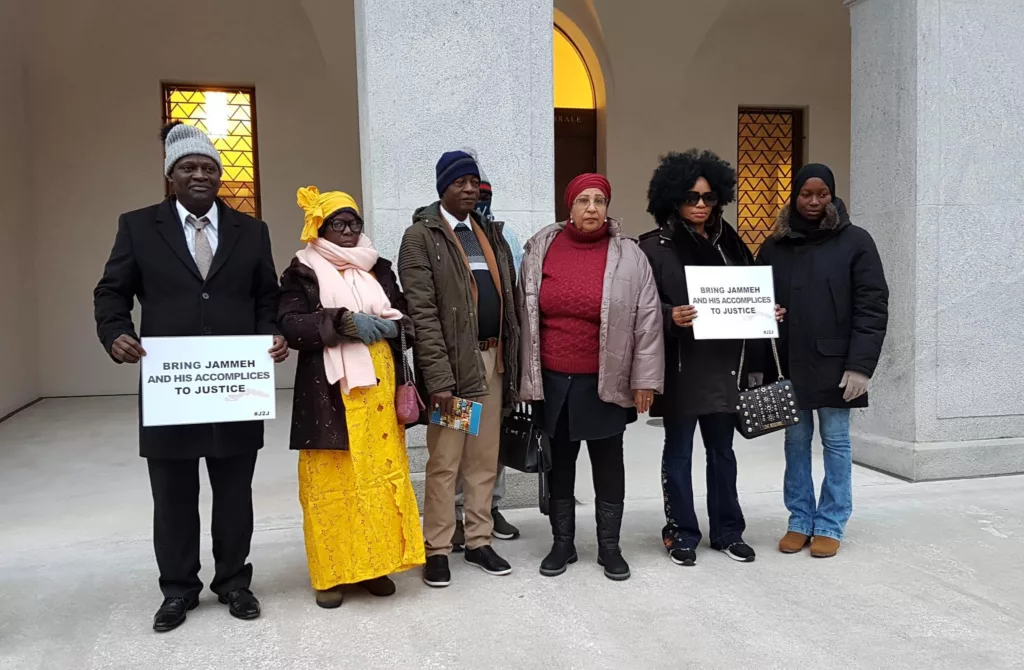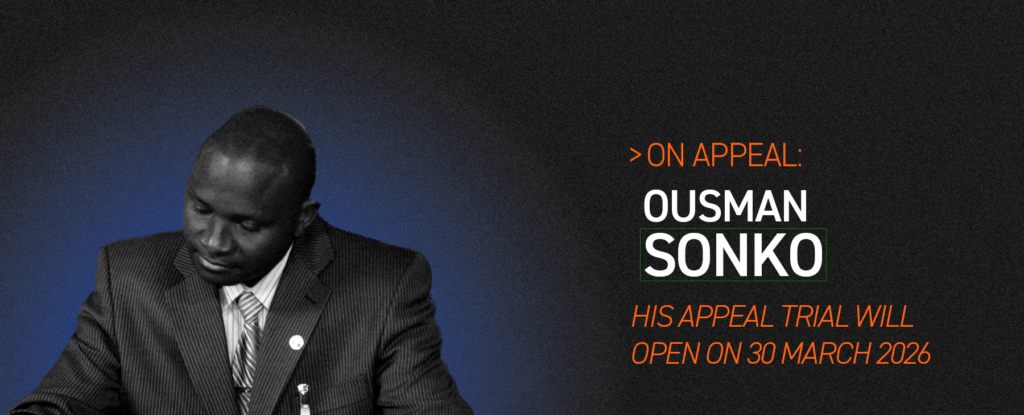Burundi: enforced disappearances “systematic and widespread”
TRIAL International and the FOCODE denounce with a common voice the widespread crimes in Burundi to the UN Working Group on Enforced Disappearances (WGED).
An unbearable climate for civilians
The climate of tension and insecurity prevailing in Burundi is such that simply living in opposition-leaning or “anti-third mandate*” areas can get you arrested – although arrests strongly resemble kidnapping.
The party in power will crush whoever defies its authority: many reported cases of enforced disappearance have targeted activists (real or perceived), political opponents or members of the former Burundian armed forces. Journalists and human rights defenders are even worst off: their muzzling has been all but systematic since 2015.
Crimes against humanity?
In their report, TRIAL International and the FOCODE demonstrate that these enforced disappearances occur across the territory and follow the same pattern. Such “widespread” and “systematic” attacks “targeting the civilian population” could therefore amount to a crime against humanity.
“The methods and victims’ profile are similar in the whole country” explains Janvier Bigirimana, General Secretary of the FOCODE. “Additionally, the authorities’ complacency gives the carte blanche to commit these crimes.”
The report highlights that these crimes are mainly committed by the representatives of the State, and by members of the party’s youth branch, the Imbonerakure**.
A step towards an ICC inquiry?
The recognition by the WGED of enforced disappearances a as a crime against humanity could push the International Criminal Court (ICC) to open an inquiry. Last month, the UN’s Commission of Inquiry on Burundi also emitted recommendations in that sense.
The total absence of prosecution for the criminals would also satisfy the complementarity criteria necessary for the ICC to be competent.
“An increasing number of actors are calling for the opening of an inquiry in Burundi. With mere weeks to go before the country formally leaves the Rome Statute, we hope our report will contribute to that effort” concludes Pamela Capizzi. “The victims have placed their hopes in the international community: it is our duty not to fail them.”
* Political upheaval has begun when the current president Pierre Nkurunziza embarked on his third mandate, which is prohibited by the Burundian Constitution.
** The Imbonerakure have been referred to as “a militia” by the United Nations and have imposed themselves as “the State’s main tool of repression”.




